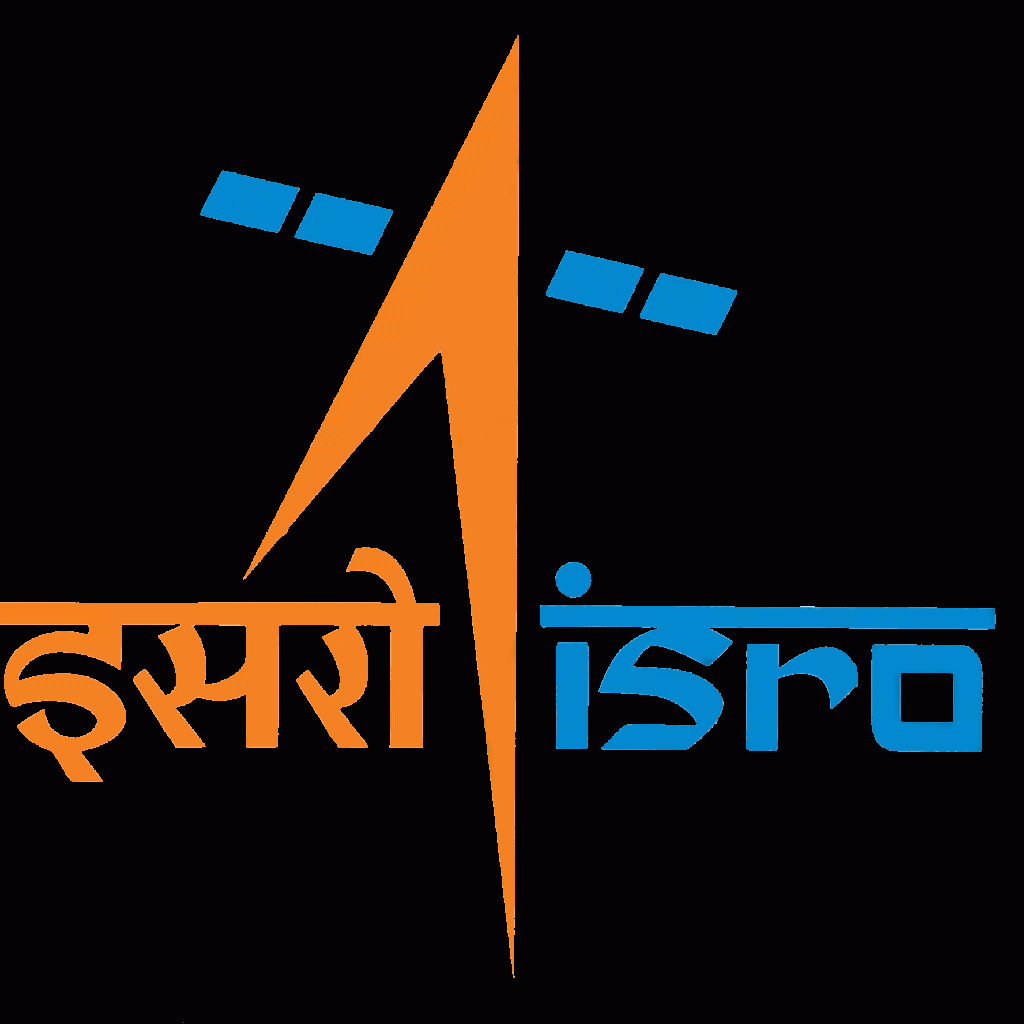ISRO Creates History: XPoSat Satellite to Unravel Mysteries of Black Holes

Bengaluru, 1st January 2024: In its inaugural mission of 2024, ISRO has successfully launched the X-ray polarimeter Satellite (XPoSat), marking its first dedicated polarimetry mission to study the diverse dynamics of bright astronomical X-ray sources in extreme conditions. With this launch, India has become the second country, after the United States, to achieve this remarkable feat. The satellite was launched from the Satish Dhawan Space Centre in Sriharikota.
Minister of State for Science and Technology, Jitendra Singh, extended his congratulations to ISRO, stating, “ISRO begins 2024 in style! Successful launch of PSLV-C58 XPoSat Mission. Proud to be associated with the Department of Space at a time when Team ISRO continues to accomplish one success after the other, with the personal intervention & patronage from PM Sri Narendra Modi.”
Under the PSLV-C58 mission, the Polar Satellite Launch Vehicle (PSLV), which carries the XPoSat Satellite into space, will also host 10 other payloads, including the PSLV orbital experimental module.
The objectives of the PSLV-C58 mission include measuring the polarization of X-rays in the energy band of 8-30 keV from approximately 50 potential cosmic sources. It aims to conduct long-term spectral and temporal studies of cosmic X-ray sources. X-ray polarization serves as a crucial diagnostic tool for examining the radiation mechanism and geometry of celestial sources. The primary payload of XPoSat is POLIX (Polarimeter Instrument in X-Rays), designed by the Raman Research Institute, and XSPECT (X-ray Spectroscopy and Timing), built by the U R Rao Satellite Centre, Bengaluru. The mission is slated to continue its work for a duration of 5 years.








